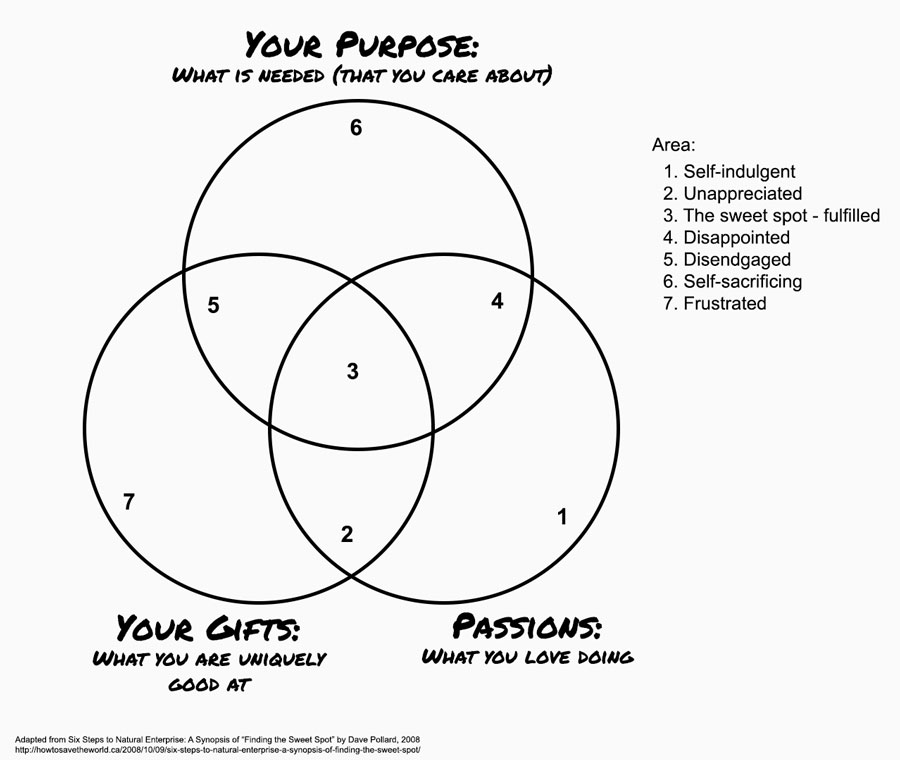Week 1 | Week 2 | Week 3 | Week 4 | Week 5
1.4

Introduce yourself – your gifts, passions, purpose and values
Now that you’ve met the lead educators of the course and some of the guests that you will hear more from in the upcoming weeks, it’s time to focus on the most important part – you as a learner and human being. This course will be very much shaped by your input, ideas and experiences.
This step is organised in three parts:
1. Introduce yourself
Introduce yourself and get to know other learners on Twitter @cclmooc, use the hashtag #cemuscclmooc, or in the open Facebook group www.facebook.com/groups/5133830743383403, or in the Studium discussion area that opens January 15, 2024. We want to know who you are. What are you bringing to this course? Why do you think a course like this is important? Getting a feeling for who is taking this course will make this a much more engaging and rewarding experience.
2. Think, reflect and list your gifts, passions and purpose
In Six Steps to Natural Enterprise: A Synopsis of “Finding the Sweet Spot” by Dave Pollard, 2008, he outlines three key aspects needed for finding your own sweet spot:
- Your Gifts: What you are uniquely good at
- Passions: What you love doing
- Your Purpose: What is needed (that you care about)

When these three aspects intersect and join together in your work, you find your sweet spot, a place where work is fun, rewarding, creative and effective. List your gifts, passions and purpose at Twitter #cemuscclmooc or Facebook, or at Studium.
3. Think, reflect and list your core values
List two or three core values and why they are important for you. A value is defined in Merriam-Webster as: “something (as a principle or quality) intrinsically valuable or desirable”.
List your core values and explain why they are important to you at Twitter, Facebook or at Studium.
This exercise comes from Whistling Vivaldi. How Stereotypes Affect Us and What We Can Do by Claude M. Steele, 2011, p. 174.
© CEMUS and Uppsala University
